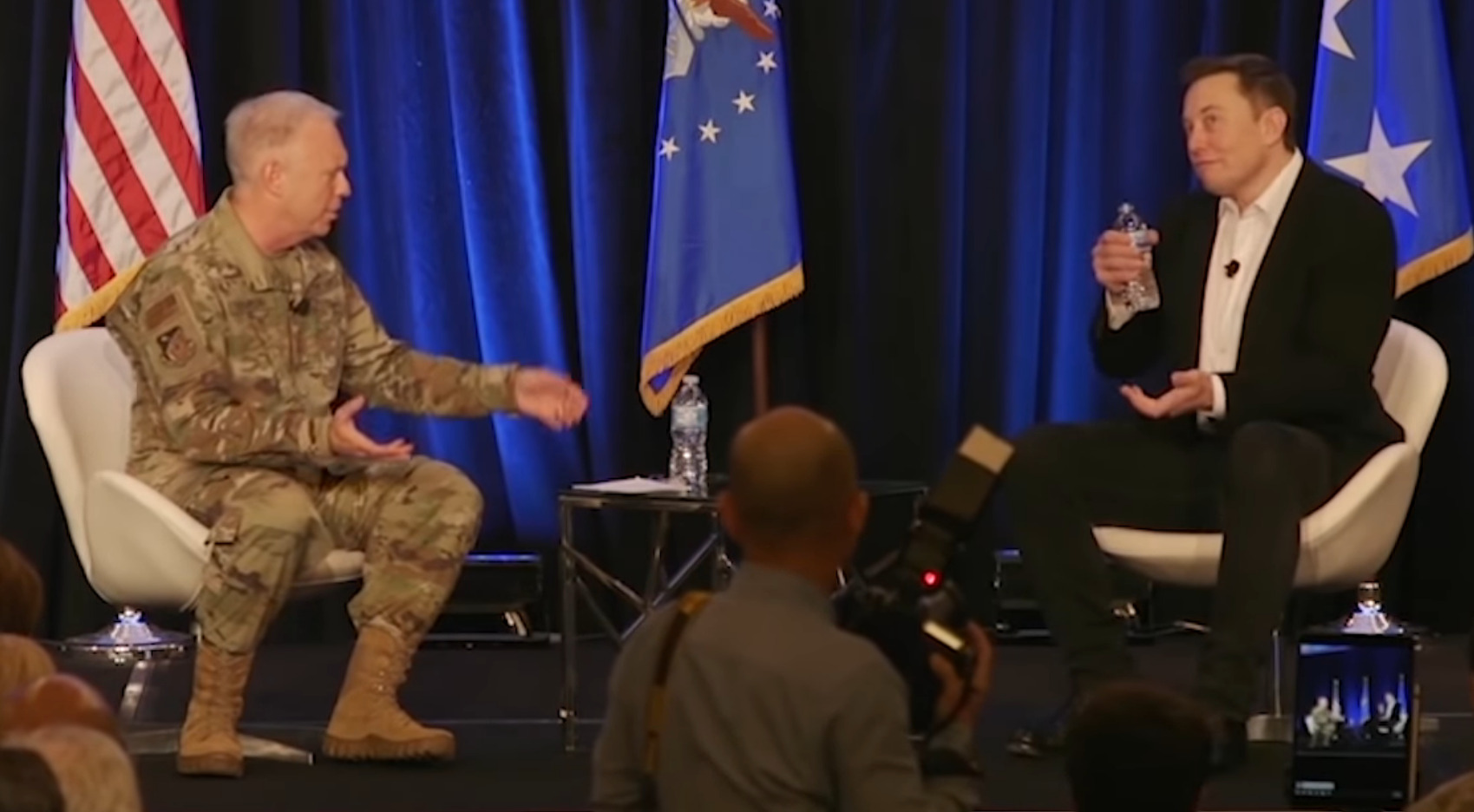Yesterday I sat down to enjoy Elon’s interview at Air Force Space Pitch Day and wrote down some notes. Elon is brilliant at distilling business to the core principles. It’s his way of applying first-principles thinking.
Make something that print’s money
At the 2019 Earnings Call Elon explained his business model for Tesla’s Solar Energy.
So, it’s kind of a no-brainer. It’s really, do you want something that prints money? And if it doesn’t print money, we’ll fix it or take it back. It’s kind of a no-brainer.
— Elon
What he means is this.
(Your electric-bill with Tesla’s Solar Energy + Tesla’s loan) < Your former electric-bill
The principle is simple: If you make something that saves your Client’s money from day one, you’ll win.
Catalog Engineering is bad
If there isn’t a good solution in the market, if you can’t outsource something, then do it in-house. The right supply chain is crucial to your success. That’s the reason why at SpaceX most of the things are made in-house. The supply chain is just bad.
Supply chains tend to be better where there is good competition though. For instance, consumer electronics. In those areas unlike space engineering, you will most likely be able to out-source just fine.
Reward Innovation
When asked how to build and grow successfully a company, and how managing a tiny company and a giant one differs, Elon explained, and I’m paraphrasing.
“In a little company, your skills as an individual make a huge difference. In large companies, you have to be kind of a force multiplier. You have to teach large number of people the right approaches. Whatever you reward, will happen.”
— Elon Paraphrased
I remember vividly how Charlie Munger uses to emphasize incentives. Here’s a quote from The Psychology of Human Misjudgment.
Well, I think I’ve been in the top 5% of my age cohort all my life in understanding the power of incentives, and all my life I’ve underestimated it. And never a year passes but I get some surprise that pushes my limit a little farther.
— Charlie Munger in The Psychology of Human Misjudgment
Integrate your Teams
When asked how he manages his teams in a large organization:
In any given product, you can see the organizational errors manifest themselves in the product.
— Elon
The problem is that if you have decoupled teams, blind spots are formed. And often things don’t work out as expected when you try to integrate those teams’ work.
Elon explained that you often get sub-system optimization instead of overall-system optimization. You shouldn’t let that happen. He insists that his teams step on each other’s toes.
Everyone should be chief engineer, everyone should at least have a cursory understanding of the whole system, even though they may have deep expertise in one arena.
— Elon Paraphrased
Steve Jobs was a great practitioner of deep collaboration. He forced teams to collaborate.
Because he believed that Apple’s great advantage was its integration of the whole widget—from design to hardware to software to content—he wanted all departments at the company to work together in parallel. The phrases he used were “deep collaboration” and “concurrent engineering.”
— Steve Jobs by Walter Isaacson
He even went much further, designing the Pixar building in a way to promote random encounters of people which lead to unplanned collaborations. “If a building doesn’t encourage that, you’ll lose a lot of innovation and the magic that’s sparked by serendipity,” he said.
Don’t be arrogant
Elon emphasized on the importance of a humble mindset.
People tend to assume they’re right. You’re definitively wrong in some degree. Your goal is to be less wrong tomorrow.
— Elon Paraphrased
How to get great engineering talent
The big HR question, how do companies get great talent? For Elon, once again this is straight forward.
If you want to get great engineering talent, the work itself needs to be exciting. The best engineers want to work on the most innovative things. Otherwise, they leave.
— Elon Paraphrased

